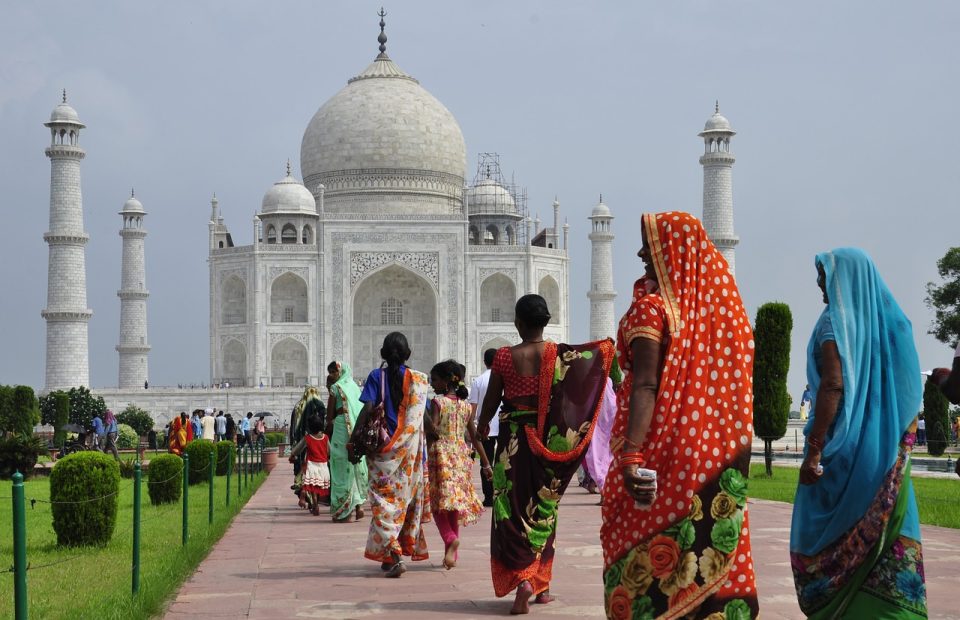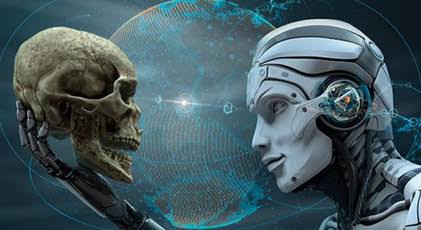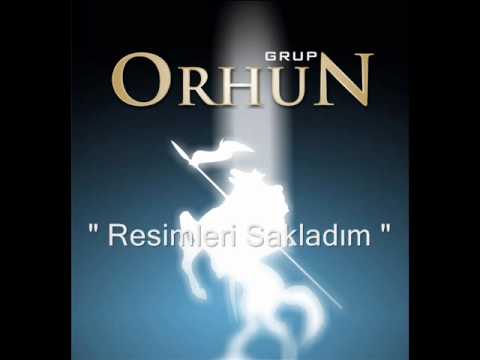1 – The Evolution of God: Robert Wright, 2009. This book explores the origins and evolution of religions, focusing on the Abrahamic religions. Wright argues that the development of religions is influenced by economic and political factors, as well as social and environmental conditions. He also discusses the role of morality and ethics in religion and how they have evolved over time. Wright draws from a variety of disciplines, including psychology, anthropology, and history, to create a comprehensive account of the evolution of religion.
2 – The Varieties of Religious Experience: William James, 1902. In this classic work, James examines religious experiences and their role in shaping beliefs and practices. He draws on a wide range of sources, including personal accounts and case studies, to explore the nature of religious experiences and their impact on individuals and societies. James argues that religious experiences are an essential aspect of human existence and should be studied and respected as such.
3 – The Golden Bough: James Frazer, 1890. This influential work explores the origins of religious beliefs and practices through a comparative study of myths, rituals, and customs from around the world. Frazer argues that religion is a product of human evolution, and that many religious practices have their roots in ancient fertility cults. He also explores the connections between religion and magic, and the role of religion in society.
4 – The Sacred and the Profane: Mircea Eliade, 1957. Eliade’s book examines the nature of religious experience and the relationship between the sacred and the profane. He argues that religious experiences involve a sense of the sacred, which is distinct from ordinary experience, and that this sense of the sacred is the basis of religious belief and practice. Eliade also explores the role of religion in human history and the ways in which it has shaped cultures and societies.
5 – The Power of Myth: Joseph Campbell, 1988. In this book, Campbell explores the role of mythology in human culture and religion. He argues that myths are a fundamental aspect of human experience, serving as a way of understanding the world and our place in it. Campbell draws on a variety of mythological traditions from around the world, including Hinduism, Buddhism, Christianity, and Native American religions, to illustrate his points.
6 – The Book of Mormon: Joseph Smith, 1830. This religious text is considered to be a foundational work of the Latter Day Saint movement. It tells the story of a group of Israelites who migrated to the Americas and established a civilization there. The book also includes teachings and doctrines that are central to the Latter Day Saint faith, including the concept of a modern-day prophet and the importance of baptism.
7 – The Quran: Anonymous, 609-632. The Quran is the central religious text of Islam, and is considered to be the word of God as revealed to the Prophet Muhammad. The book includes teachings on a wide range of topics, including morality, ethics, and religious practice. It also includes stories from the lives of prophets, including Adam, Noah, Abraham, Moses, and Jesus.
8 – The Tao Te Ching: Laozi, 6th century BC. This ancient Chinese text is a foundational work of Taoism, a philosophical and religious tradition that emphasizes harmony with nature and the cultivation of inner peace. The book includes teachings on a variety of topics, including ethics, spirituality, and the nature of reality. It also includes practical advice on how to live a good life and achieve enlightenment.
9 – The Bhagavad Gita: Anonymous, 5th-2nd century BCE. This Hindu text is part of the epic poem Mahabharata, and is considered to be one of the most important works of Hinduism. The book presents a dialogue between the warrior Arjuna and the god Krishna, who teaches him about the nature of reality, the importance of duty, and the path to liberation from the cycle of rebirth. The Bhagavad Gita has been interpreted in many different ways, and has had a profound influence on Hinduism and Indian culture.
10 – The Evolution of Faith: Loyal Rue, 2006. In this book, Rue explores the evolution of religious belief and its role in human history. He argues that religious beliefs and practices have evolved over time in response to changing social, economic, and environmental conditions. Rue also discusses the relationship between religion and science, and the ways in which religion has influenced human culture and society. He draws on a wide range of disciplines, including psychology, anthropology, and evolutionary biology, to create a comprehensive account of the evolution of faith.












